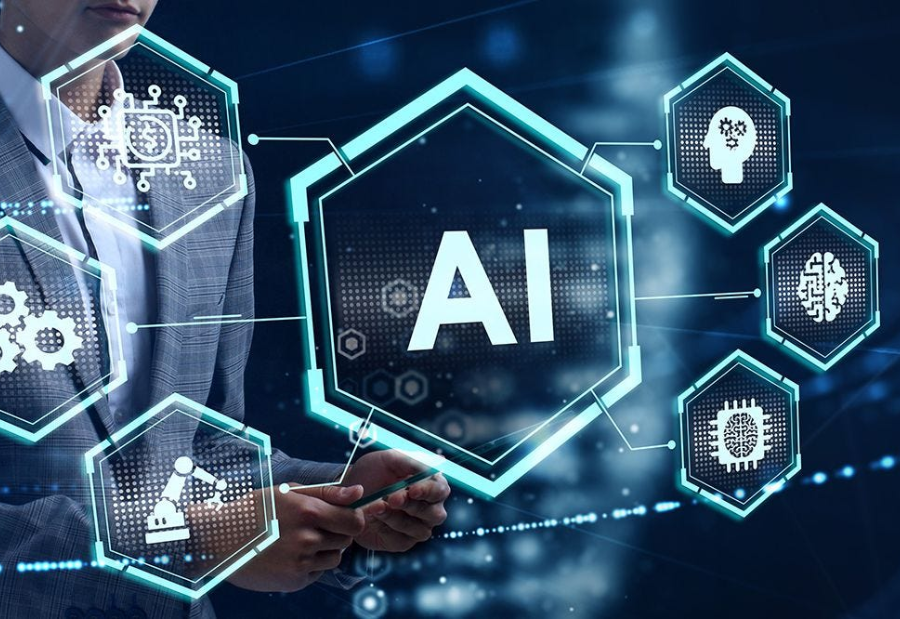India is home to over 5 million software engineers, and the number of developers on GitHub from the country stands at 15.4 million — a figure set to surpass that of the US by 2027. Each year, India produces about 10 million graduates, including at least half a million software engineers. However, unemployment remains a concern as AI threatens to take over many routine tasks. At the same time, the dream of securing a high-paying software job continues to drive the middle class.
Former Google CEO Eric Schmidt recently warned that most programming jobs could be automated in the near future. He believes AI is developing far more rapidly and intelligently than the public realises, thanks to systems that are capable of improving themselves. He also raised concerns about the lack of readiness in laws and institutions to manage this change.
This view is shared by other leading figures like OpenAI’s Sam Altman, Anthropic’s Dario Amodei, Microsoft CTO Kevin Scott, and Nvidia CEO Jensen Huang. While their opinions differ on how soon and how deeply AI will impact programming roles, they all agree on the overall direction.
According to the World Economic Forum’s ‘Future of Jobs Report 2025’, based on responses from 1,000 companies across 55 countries and 22 industries, AI and automation will reshape 86% of businesses by 2030. The report projects that 170 million jobs will be created, but 92 million could be lost.
Rather than fearing job loss, countries must shift their focus to the opportunities being created. New job roles are emerging fast — from specialists in big data and AI/ML to cybersecurity experts and network professionals. As the CEO of a leading IT company put it, “The traditional software development lifecycle we are used to will evolve, and new roles may come into play.”
AI tools are already handling repetitive coding tasks and routine debugging. However, they still fall short when it comes to dealing with complex, real-world situations. Issues like race conditions in code — where the outcome depends on which thread accesses a piece of code first — still need experienced human judgement and domain knowledge.
Human expertise will continue to be essential in areas such as AI interaction design, which involves refining prompts for better coding results, and in data curation — labelling, annotating, and tagging data to train AI models.
The global market for data annotation is projected to grow from $6.5 billion to $20 billion by 2030. In India, it could grow from $80 million to $500 million during the same period. Employment in this field — including annotators, project leaders, and quality controllers — has already risen from 20,000 in 2022 to 70,000 today.
Roles are also expanding in AI architecture, ethics, system governance, and building systems with human oversight to prevent AI errors. A recent major acquisition in the data space shows that data is now just as critical as computing power.
As work increasingly shifts towards a blend of human-machine collaboration, the key will lie in how well we use AI as a tool to boost intelligence — and how we train people with not just technical skills, but also critical thinking, industry knowledge, and the ability to keep learning.
India must ensure it isn’t left behind in the very AI revolution it helped create.
Also read: Viksit Workforce for a Viksit Bharat
Do Follow: The Mainstream formerly known as CIO News LinkedIn Account | The Mainstream formerly known as CIO News Facebook | The Mainstream formerly known as CIO News Youtube | The Mainstream formerly known as CIO News Twitter |The Mainstream formerly known as CIO News Whatsapp Channel | The Mainstream formerly known as CIO News Instagram
About us:
The Mainstream formerly known as CIO News is a premier platform dedicated to delivering latest news, updates, and insights from the tech industry. With its strong foundation of intellectual property and thought leadership, the platform is well-positioned to stay ahead of the curve and lead conversations about how technology shapes our world. From its early days as CIO News to its rebranding as The Mainstream on November 28, 2024, it has been expanding its global reach, targeting key markets in the Middle East & Africa, ASEAN, the USA, and the UK. The Mainstream is a vision to put technology at the center of every conversation, inspiring professionals and organizations to embrace the future of tech.




